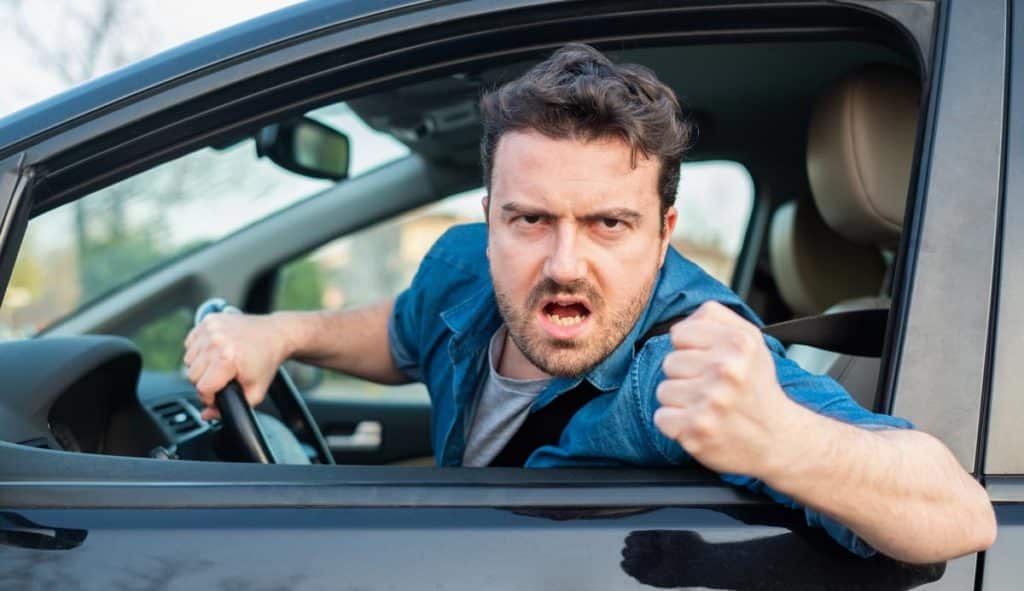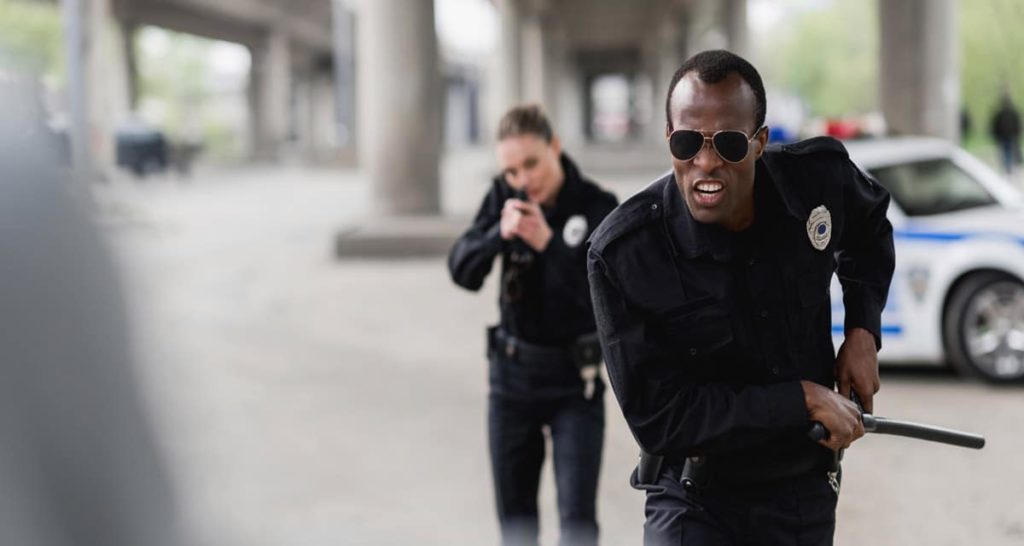Summer is quickly approaching, and it looks like it will be busy. As the economy reopens after nationwide pandemic shutdowns, the country will see a significant uptick in many industries, with travel at the top of the list. Business travel has been kept to a minimum to protect everyone involved, but soon these restrictions will ease, and folks will return to the skies.
With the return of business travel comes the return of the rental car industry. Rented vehicles are excellent for making industry trips simpler. Still, they come with some unique risks if you’re in an accident. Here’s what you need to know about protecting yourself this summer with a rental car.
Personal Insurance and Rentals
The simplest way to protect yourself in a rental is to make sure your personal insurance covers rental car accidents. Many insurance policies cover the driver and not just the vehicle, so if you’re in an crash, your personal insurance may offer some protection.
If you’re traveling for business, however, this gets complicated. Even if your personal insurance normally covers rented vehicles, it may not cover you when you’re on company time. Always confirm with your coverage provider exactly what they cover for business travel before relying on your personal policy.
Of course, you may not own a vehicle. In that case, you almost certainly don’t have personal car insurance, and the distinction between personal and business travel is moot. Even then, you may still have rental car accident coverage if you used a credit card to reserve the car.
Every credit card company is different, of course. Before relying on your credit card company to cover you in a rented car accident, call to find out if and what kind of coverage they provide. It’s always better to do your research in advance to avoid misunderstandings and a lack of coverage when you’re away from home.
Specific Rental Insurance
Suppose your personal insurance and credit card don’t offer you the kind of insurance coverage you’re looking for. In that case, you can also get rented car coverage to protect you while you’re away. There are four main types of policy offered by these companies, each of which protects different things.
- Liability Coverage: The broadest form of rental car insurance, liability coverage (LIS) covers uninsured motorist coverage along with up to $1 million in other liability protection. Always confirm exactly how much coverage a policy offers since not every policy offers the same benefits.
- Personal Accident Insurance: If you’re concerned about your own health in an accident, you can also get personal accident insurance (PAI). This type of policy covers your own and sometimes your passengers’ medical costs after an accident. Many policies don’t cover med pay, so this may be even more insurance than you usually have.
- Loss-Damage Waiver: If you have uninsured motorist coverage through your personal policy, then you can simply get a loss-damage waiver (LDW). This waives your responsibility for any damage to the rented car if there’s a crash.
- Personal Effects Coverage: This is the most minor form of coverage available. Personal effects coverage protects any of your personal property that’s in your rented car. It may be worthwhile if you’re bringing high-value items with you in the rented car, but otherwise, it may not offer much help.
Depending on which types of coverage you buy and what you already have, you may find you owe nothing for a rental vehicle accident. If that type of protection is your goal, always take your time to read the fine print. Every company offers its own deals and levels of coverage, so doing your research is critical. You may protect yourself from high fees or revokable coverage by taking a little extra time up front.
What to Do After a Rental Car Accident
If you’ve already had an accident in a rented vehicle or you’re concerned about a future trip, it’s wise to learn how to respond. Here’s how to handle a rental car crash the right way.
Contact the Police
In any accident, your first step should be to reach out to the local police department. Before any drivers leave the scene, a police officer should document the event and people’s accounts of what happened. This documentation makes all the difference in getting insurance payments and proving fault for the accident.
Gather Information
While you’re at the scene of the crash, you should also talk to the other driver. Exchange insurance information with them, get their license plate number and ideally get the other driver’s name and phone number or email as well.
Go to the Doctor
Once you’re free to leave the accident, you should immediately schedule a doctor’s appointment. Even if you feel healthy, going to the doctor offers you some necessary documentation. Many road accident injuries take time to appear, so you may have symptoms of whiplash or a concussion by the time of your appointment. Meanwhile, keeping the appointment as close to the accident as possible prevents arguments that your injuries occurred later.
Contact the Rental Company
The next phone call to make is the call to the rental car business. Whether or not you bought a policy through the agency, they will likely have you fill out an incident report explaining what happened. This report will probably include all the information you’ve collected, so the company has a copy too.
Talk to Your Insurance Provider
Finally, if you have car insurance, rental or personal, you should call that provider and ask them for your next steps. This is a great time to confirm precisely what types of coverage you have and how they will be implemented.
Stay Safe This Summer
A car crash is always stressful, but rental accidents are unique. Not only do you need to handle the accident itself, but you also need to work with many people to resolve the situation. If you’ve been in a crash in a rented vehicle, don’t hesitate to reach out for help. If you’re struggling to get the compensation payment you’re owed, work with an expert car accident attorney to resolve the situation. Get in touch today to learn about your options with a free consultation.





